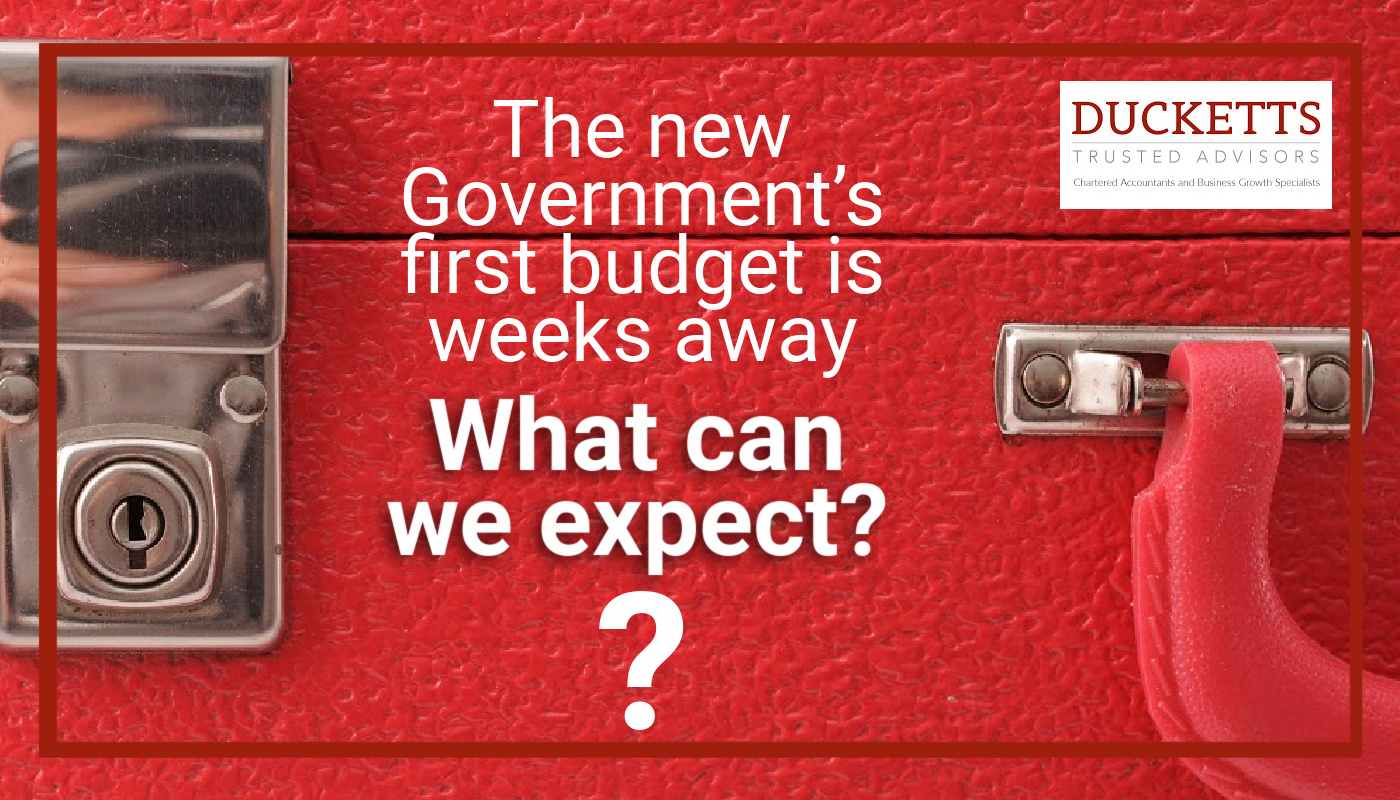What to expect from the 2020 budget.
Published:

How will it impact your business?
The Chancellor of the Exchequer, Sajid Javid, is due to deliver the 2020 Budget on Wednesday 11 March. The huge Conservative majority has given Boris Johnson and his chancellor, Sajid Javid, carte blanche for radical reform of taxes. Although the party’s manifesto was somewhat light on detail, Mr Javid’s budget is likely to be eye-catching. Here are some of the measures that some commentators are expecting to be announced;
No rise in income tax or VAT rates
In its election manifesto, the Conservative Party stated it is committed to building a tax system that ‘rewards entrepreneurship’ whilst ‘making sure everyone pays their fair share of tax’. The Conservatives promised not to raise the rates of income tax, national insurance (NI) or VAT in order to ‘protect the incomes of hard-working families across the next Parliament’.
An increase in the NIC threshold
The Conservative Party outlined plans in its election manifesto to increase the national insurance contribution (NIC) threshold to £9,500 in 2020/21. The ultimate ambition for the government is to ensure that the first £12,500 of earnings will be completely free of tax.
A stricter regime for pension savers
Whilst not mentioned in the manifesto, another proposal would see pension tax relief restricted for people earning more than £50,000 a year. Cutting the relief from 40pc to 20pc for these earners would raise an estimated £10bn for the Exchequer.
A rise in the Employment Allowance
The Conservatives pledged to increase the Employment Allowance for UK small businesses, representing a tax cut for half a million small firms and promoting growth.
A review of Entrepreneurs’ Relief
According to The Times (18 January), Boris Johnson has signalled that entrepreneurs’ relief could be scrapped giving the justification that ‘There are some people who are staggeringly rich who are using that relief to make themselves even more staggeringly rich.’
However, James Austen, partner at Collyer Bristow, noted on his firm's website that, despite the speculation, ‘the nature of any proposed changes to, or the outright abolition of, entrepreneurs’ relief is still unknown. In parallel, there is not yet any information about whether the chancellor will increase the headline rate of CGT (which would amount to a double hit for business owners).’
There has also been no indication if these changes are to take effect when the budget is implemented on the 6th of April or later.
The government has said that it is looking to better support UK entrepreneurs with other proposals including:
- increasing the R&D tax credit to 13% and reviewing the definition of R&D
- exploring how the self-employed could be better supported including making the tax system easier to navigate
- continuing to tackle tax evasion and reduce opportunities for aggressive tax avoidance
- implementing the Digital Services Tax
- redesigning the tax system to boost growth, wages and investment and limit arbitrary tax advantages for the wealthiest in society.
Making Tax Digital
We may also hear about plans to extend Making Tax Digital for income and/or Corporation Tax. We do know that any such digitisation will not happen until after April 2020 (and therefore probably periods commencing 1/6 April 2021 at the earliest).
A reduction in business rates
With the Chancellor recently announcing a reduction in business rates for public houses with a rateable value below £100,000, we may see this taken a further step with a reduction in business rates for high street retailers too. As many as 18,000 pubs are expected to benefit from the reduction.
